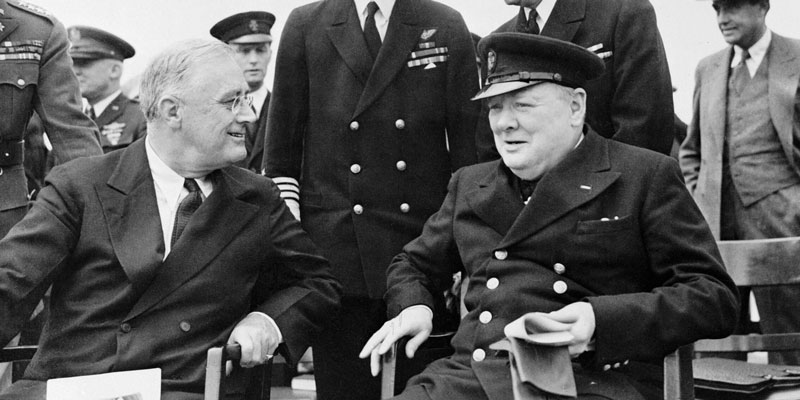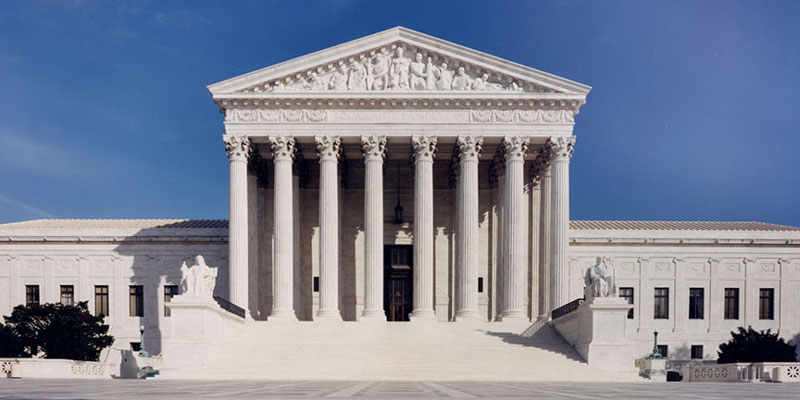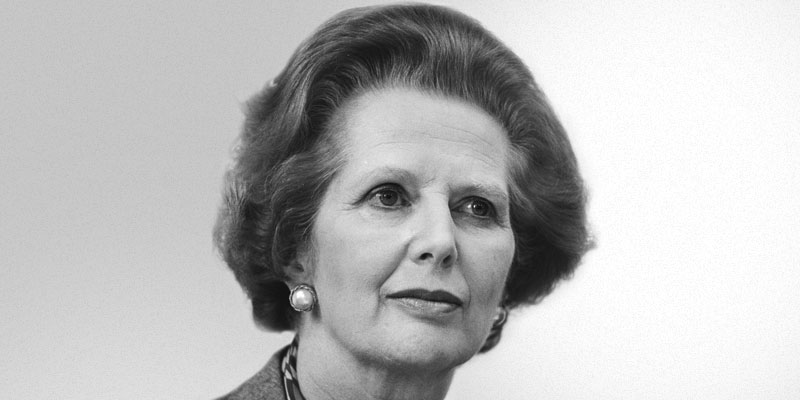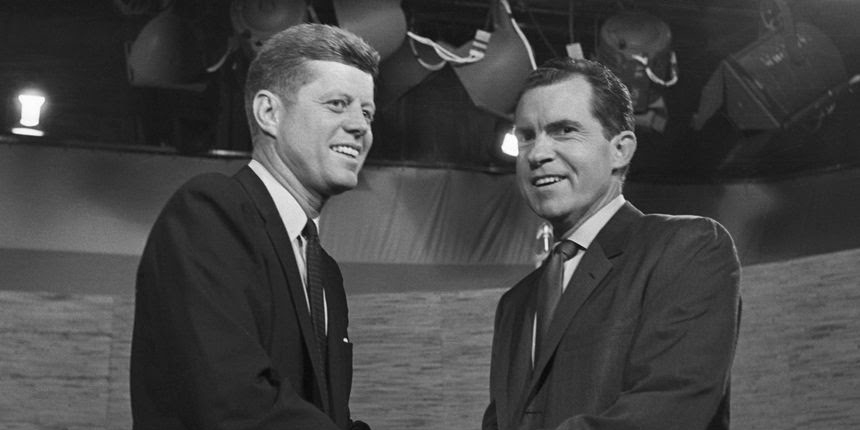World War II ended in Europe 80 years ago, but without obtaining its stated objective. The cause of the war — the sovereignty, territorial integrity and independence of Poland — went unrealized.
Poland had merely traded Nazi occupation for Russian domination.
For all the high-minded conjecture about a safer, more secure world, the fate of Poland was completely lost in the shuffle. The future peace and stability of a new world order sacrificed Poland to the Soviet sphere of influence.
Even before the war was over, there was optimism in the West that with the catastrophe of the conflict and its devastating destruction, civilization could give the world a new start. This idealism was first reflected in the Atlantic Charter, which provided a framework for the United Nations. While the terms of the Charter were aspirational and a gentlemen’s agreement between Churchill and Roosevelt, it nevertheless advocated for self-determination, for people to elect their government and for territory taken during the war to be restored.
Occurring at almost the same time as Germany was surrendering, a meeting was held to charter a post-war, international body codifying the name given to the Allied forces — the United Nations. This precursory meeting was happening in San Francisco 80 years ago and would include representatives from all the countries allied against the Axis powers. There was one noticeable exception.
Poland.
To a rational or otherwise casual observer, Poland’s omission seems hard to believe. Six years had not yet passed since Britain and France guaranteed Polish freedom with a military alliance. Even when Germany invaded there was a sliver of hope that war might be averted, but once Hitler refused to halt the invasion and withdraw his troops, World War II was effectively underway.
Polish troops fought bravely to defend their country, and news stories abound with acts of bravery and heroism within the Polish armed forces. But the reality was that Poland was unprepared; its antiquated weapons and were no match for the technological proficiencies of the Nazi forces.
Poland did not go down without a fight and never surrendered. Its leaders left Warsaw and eventually established an in-exile government in London. Unlike other nations conquered by the Nazis, Poland would never have a collaborationist government. No Pole allied themselves with the Nazi regime. Rather, Poland would pay the price for resisting Nazi occupation.
Its armed forces, while defeated, escaped to continue the fight.
Poland would field the fourth largest army in Europe, and its troops, once provided modern weapons, would punch far above their weight as some of the best fighter pilots and soldiers for the Allied cause. The Polish government in-exile was recognized by other nations, and for its part, was an initial participant in meetings to discuss post-war Europe.
It is not a stretch to say that the initial phases of World War II were primarily focused on Poland. The Poles did all the fighting. The promises from Britain and France of reinforcements, support and intervention were hollow as nothing of any consequence ever materialized. Poland was left on its own to endure the Blitzkrieg from the highly mechanized and well-trained Nazis. Poland resisted longer than expected, but reluctantly ceded territory to the invaders.
Had Poland fought only Germany, that would be one thing, but shortly after the Nazis invaded, Russia joined in, creating a two-front war against two armies — one armed with modern weapons and the other with overwhelming numbers of soldiers. Russia was a part of Poland’s defeat and had, in fact, negotiated and coordinated with Hitler on the joint invasion.
Six years later, Russia would end World War II with Poland in its hip pocket. Germany might not have any Polish territory to show for its efforts, but not so the Russians. Stalin accomplished his objectives and more.
And he did it in the most calculated and deceitful way possible.
First, he created his own Polish government in-exile that was comprised of Polish communists who would do his bidding. Secondly, at both the Tehran and Yalta conferences, he wore down Churchill and Roosevelt to cede Polish territory. Finally, Stalin agreed that once the war ended, he would support a unity government formed from a national election. The only promise Stalin kept was dismembering Polish territory. His commitments to free elections were illusory, and he broke every agreement that would give Poles a chance for liberty.
Stalin’s conniving was breath-taking in its deception and brutality. He had his puppet “unity government” call a meeting of influential Polish military, political, and intellectual leaders only to have them all arrested and jailed. Stalin rigged the elections so that only his loyal communists won.
This created two governments. The London government was recognized by most countries, except Russia. The communist government was recognized by Russia alone. So, 80 years ago, when the war in Europe ended and delegates met to consider the UN Charter, no one could agree on the proper Polish delegation.
In reality, no one wanted to challenge Stalin and upset the fragile peace and future stability of the world. Even though there was an empty seat for Poland in recognition of its sacrifice during the WWII, Poland had no delegates to discuss the end of a conflict started in its backyard.
As the delegates assembled in San Francisco for their opening conclave, the Polish pianist, Arthur Rubinstein, played a concert for the delegates. His subtle protest still resonates: “In this hall, where the great nations gather to make a better world, I miss the flag of Poland for which this cruel war was fought. I shall play my national anthem—please stand!” As unauthorized as it was poignant, he played the Polish national anthem.
For the Poles, the end of the war in Europe meant little. It would take almost 45 years for the final objective of World War II to be accomplished — self-determination for Poland. No explanation is needed to explain why Poland’s military budget is the third largest in NATO.
Will Sellers is a graduate of Hillsdale College and was appointed by Gov. Kay Ivey as an Associate Justice on the Supreme Court of Alabama. He is best reached at [email protected].













